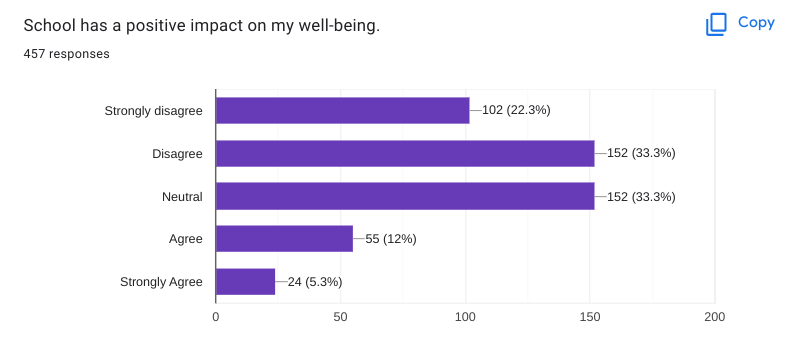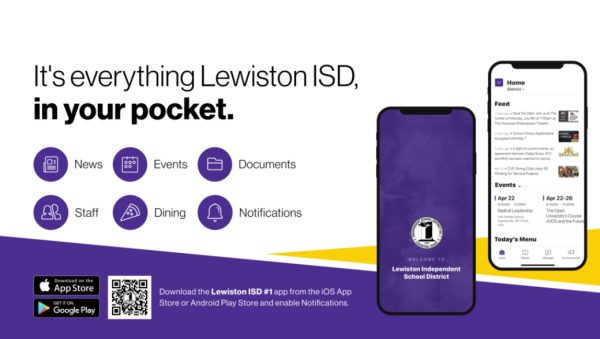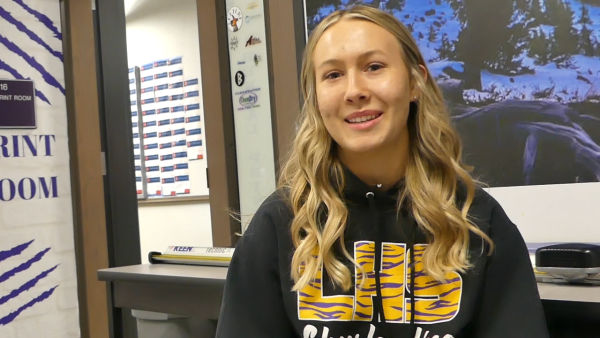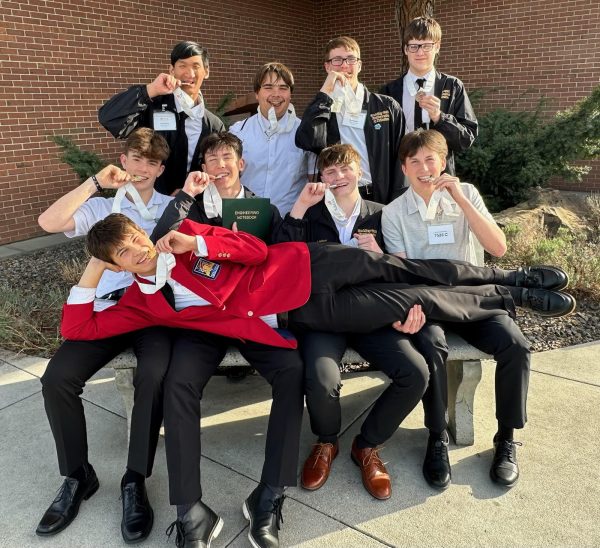Students voice opinions on mental health crisis
Adolescence is typically thought of as a time to enjoy, relax, and live life to the fullest before entering adulthood — before facing the world’s complex problems outside the walls of high school. However, research nationally and at Lewiston High School shows that mental health in adolescents is actually declining at a steep rate.
According to the World Health Organization, one in seven people age 10-19 experiences a mental disorder, accounting for 13% of the global disease burden in this age group. Depression, anxiety and behavioral disorders are among the leading causes of illness and disability among adolescents.
According to the non-profit Mental Health National, Idaho has the second-highest prevalence of mental illness out of all 50 states, and the second-lowest rate of access to care.
Despite the statistics, mental health seems to remain a widely unspoken topic. Many feel uncomfortable addressing the subject due to the stigma surrounding mental health struggles. Others who experience conditions such as anxiety and depression feel too embarrassed or nervous to bring it up, as they are afraid of being treated differently or dismissed by parents or peers.
Youth in Lewiston are not isolated from the issue. A recent Bengal’s Purr student survey showed staggering results. Of those surveyed at LHS, 75.5% reported being stressed often compared to just 10.7% who disagreed with this statement.
School also incurs a heavy toll on the mental health of teens. Just under 80% of students at LHS agreed that their general stress level was increased due to school, while a mere 9.2% disagreed with this claim. Just under 70% reported consistently feeling overworked or exhausted after school, compared to only 13.1% who disagreed.
The survey asked students what they would like to share with teachers and staff about mental health, and many students replied with comments such as:
• “The amount of homework and added stress that they just don’t seem to care about is making school even harder. The teachers want respect, but it seems like they don’t think they have to give any respect back.”
• “I would want to let teachers know that they have a bigger impact on children than they might think. Both positive and negative.”
• “It’s nearly impossible for students to do hours of homework each night and still look forward to coming to school the next day.”
For anyone struggling with mental health, there are resources available to help at LHS and outside of school. The LHS counselors are:
• Kaylin Roby (Student last names A-D)
• Christina Cahill (Student last names E-K)
• Olivia Wilson (Student last names L-R)
• Leslie Halliday (Student last names S-Z)
• National Suicide Hotline: 1-800-273-8255
• Idaho Suicide Hotline: 988 or 208-398-4357






Courtney S Kammers • Dec 5, 2022 at 6:30 PM
I think this is the most important Bengal Purr piece I’ve ever read.